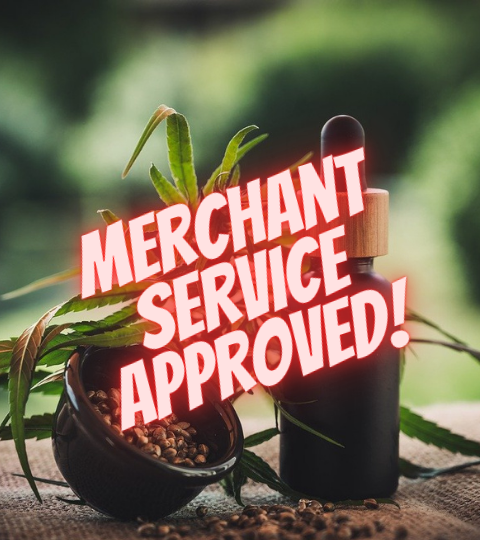
The payment industry faces unique challenges when it comes to CBD, hemp, hemp-Derived products, and marijuana due to the varying legal status and association with cannabis. Here are important considerations regarding these substances in the payment industry:
1. Legal and Regulatory Landscape: The legality of CBD, hemp, and marijuana varies across jurisdictions. CBD derived from hemp with low THC content is legal in many places, while marijuana, with its higher THC levels, remains illegal in several jurisdictions or is only legal for medical or recreational use in specific areas. Payment processors must navigate these legal complexities and comply with the regulations specific to each jurisdiction they operate in.
2. Risk Classification: CBD, hemp, hemp-derived, and marijuana businesses are often considered high risk by payment processors due to the association with cannabis and the potential for legal uncertainties. This categorization is based on factors such as regulatory complexities, reputational risks, and the evolving nature of cannabis legislation.
3. Compliance Requirements: CBD and hemp businesses must ensure compliance with relevant laws and regulations. This includes verifying the THC content of their products, sourcing CBD from legal hemp cultivators, and adhering to labeling, testing, and licensing requirements specific to their jurisdiction. Marijuana businesses, where legal, must comply with strict regulations governing their operations.
4. Specialized Payment Processors: Some payment processors specialize in serving the CBD, hemp, and marijuana industries. These specialized providers understand the unique challenges and regulatory requirements involved. They offer tailored solutions designed to meet the specific needs of these businesses while ensuring compliance and mitigating risks.
5. Underwriting and Due Diligence: Payment processors may have stricter underwriting processes for CBD, hemp, and marijuana businesses. They may require additional documentation, such as proof of compliance, lab test results, and details about the business’s operations, licensing, and sourcing practices.
6. Transaction Monitoring and Risk Mitigation: Due to the higher risk nature of these industries, payment processors may implement robust transaction monitoring systems to identify and prevent potential fraud, illegal activities, or compliance breaches. They may also enforce reserve funds or higher processing fees to mitigate risk.
7. Evolving Industry Landscape: The CBD, hemp, and marijuana industries are rapidly evolving, with changing regulations and societal attitudes. As a result, payment processors need to stay updated on the latest legal developments and adapt their policies and practices accordingly.
It’s crucial for CBD, hemp, and marijuana businesses to partner with payment processors that understand the unique challenges and compliance requirements of their industry. Conducting thorough research, seeking specialized providers, and ensuring transparent and compliant business practices are key to navigating the payment industry successfully.

Hello. I don’t see anything about Delta 8 and Kratom.
Hi Jonathan,
Yes we can board Delta 8 & Kratom. You didn’t see Kratom in post because it is different than cannabis. We will do a post about it to clarify the difference.
Thanks,
Sky High Staff